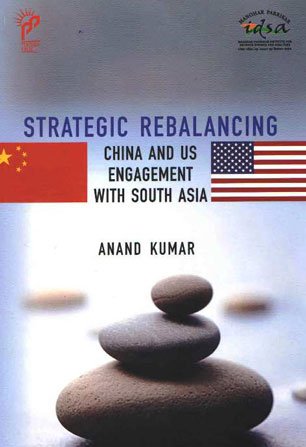Internal Political Dynamics and Bangladesh’s Foreign Policy Towards India
Bangladesh’s relations with India are multi-dimensional - ideological, political and also economic. An extreme sense of distrust, insecurity and perceived domination by India has shaped Bangladesh’s foreign policy in recent years. It at the same time, hesitant and finds it uncomfortable to function within a bilateral parameter. Whether it is trade, export of gas, provision of transit or the water issue, Bangladesh has argued for multilateral arrangements.
- Smruti S. Pattanaik
- July 2005
















